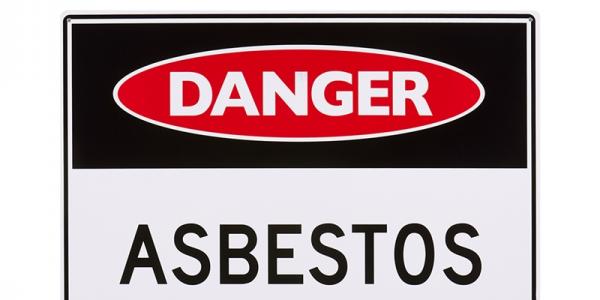In Stearns v. Metropolitan Life Ins. Co., the Massachusetts Supreme Judicial Court recently concluded that the statute of repose, Mass. Gen. L. c. 260, sec. 2B, applies to claims of asbestosis and other latent diseases. The statute provides that causes of actions for deficiencies or negligence in the design, planning, construction, or general administration of an improvement to real property must be commenced within six years after the work has been completed and accepted by the property owner. In finding that the statute of repose applied to asbestosis claims, the Court noted that the only way to comply with the statute was to file suit within the allotted time period; there were no exceptions and no tolling circumstances for the general public. By contrast, the Court noted that the Legislature had enacted an exception to this statute of repose for buildings owned by the Commonwealth and its subdivisions, but not for privately-owned buildings. Thus, any exception for privately-owned buildings or for latent diseases would have to be created by the Legislature as well. In addition, while this statute provides protection for architects, engineers, contractors, and others involved in the listed occupations, prior Massachusetts case law has established that it does not apply to manufacturers or suppliers of a product. Thus, the Stearns decision does not affect a plaintiff’s claims against manufacturers or suppliers of asbestos-containing materials.

Court Determines Certain Asbestos Claims Are Barred By Statute Of Repose
Categories


